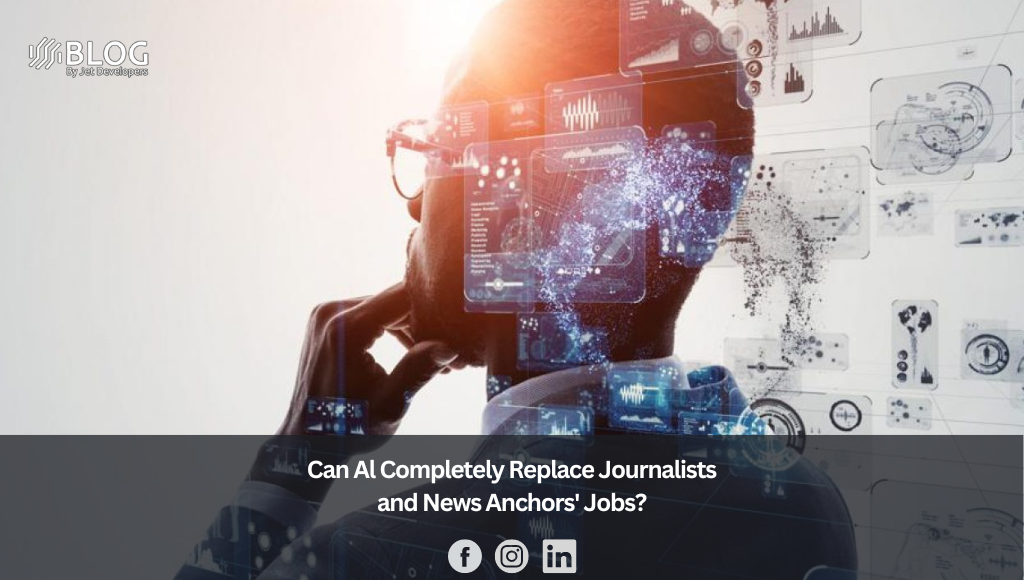Amazon Web Service (AWS) is reinforcing its commitment to becoming the preferred cloud provider for organizations seeking to harness generative AI ‘s benefits.
During the recent AWS Summit in New York, the cloud giant unveiled its comprehensive strategy for generative AI and introduced a series of incremental updates and new services. This move comes as AWS faces fierce competition from rivals like Microsoft with its Azure OpenAI offerings and the expanding range of generative AI services from Google.
At the heart of Amazon’s efforts is the AI foundation model service called Bedrock, which was initially announced in April. Initially supporting models from AI21, Anthropic, Stability AI, and Amazon Titan, the list of supported models has now grown to include Cohere, Anthropic Claude 2, and Stability AI SDXL 1.0. Amazon also introduced a new Bedrock agent capability to simplify the development of services for users.
Additionally, Amazon announced generative AI capabilities for its Amazon Quicksight business intelligence service and provided a preview of a vector engine for the OpenSearch serverless search service. The company also revealed the general availability of the AWS Entity Resolution service, designed to enhance data management.
Swami Sivasubramanian, VP of databases, analytics, and ML at AWS, expressed his belief in the transformative potential of generative AI during his keynote address at the event. He emphasized how generative AI can create images, videos, and even code, foreseeing its impact on every application, industry, and business.
One of the highlights of the event was the introduction of agents for Amazon Bedrock. Agents serve as tools to execute multiple tasks on behalf of developers, making it easier to configure foundation models and orchestrate tasks without the need to write extensive code. The agents securely connect foundation models to the appropriate data sources through a simple API and can automatically convert data into a machine-readable format. Since the agent is fully managed, users don’t have to worry about complex systems or hosting.
Vector embeddings are fundamental to generative AI as they convert content into mathematical representations, enabling context and matching. AWS previously offered vector database capabilities for its Aurora PostgreSQL relational database, and this support has been extended as a preview feature to the OpenSearch serverless search service. The vector engine provides simple, scalable, and high-performing vector storage and search, eliminating the need to manage infrastructure.
The integration of generative AI into Amazon Quicksight was another significant announcement. Business analysts can now leverage natural language queries to build reports, visuals, and dashboards more efficiently, saving time and effort in developing complex formulas and commands.
Although there were no groundbreaking revelations at AWS Summit New York 2023, the company’s commitment to iterative innovations that make AI practically useful for enterprises remains unwavering. Swami Sivasubramanian hinted at more exciting developments coming throughout the year, ensuring AWS stays at the forefront of the cloud industry.






